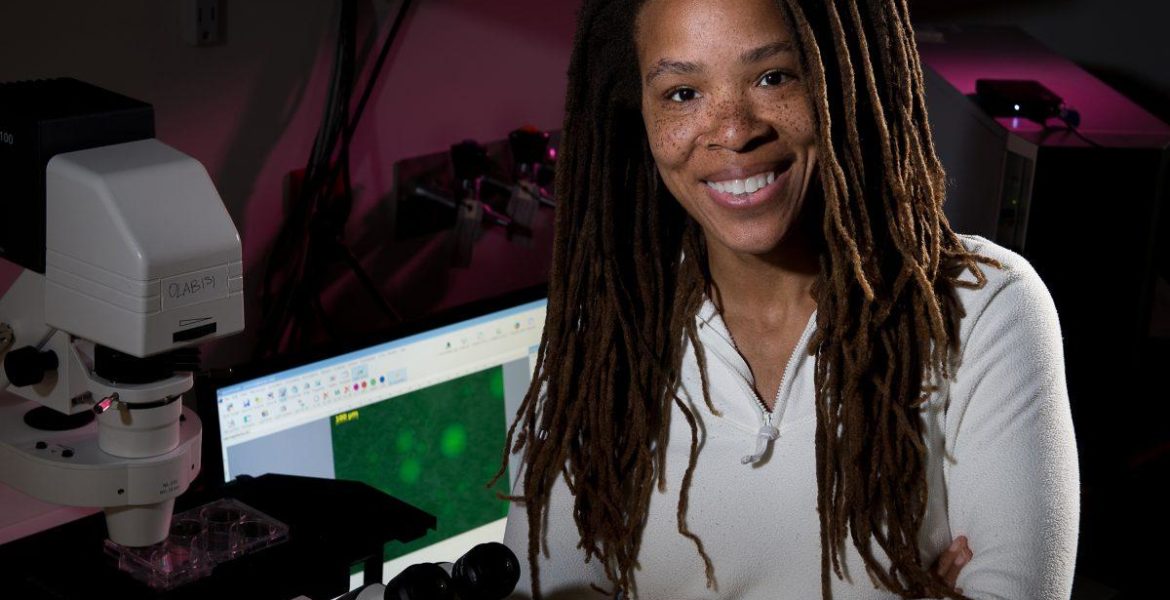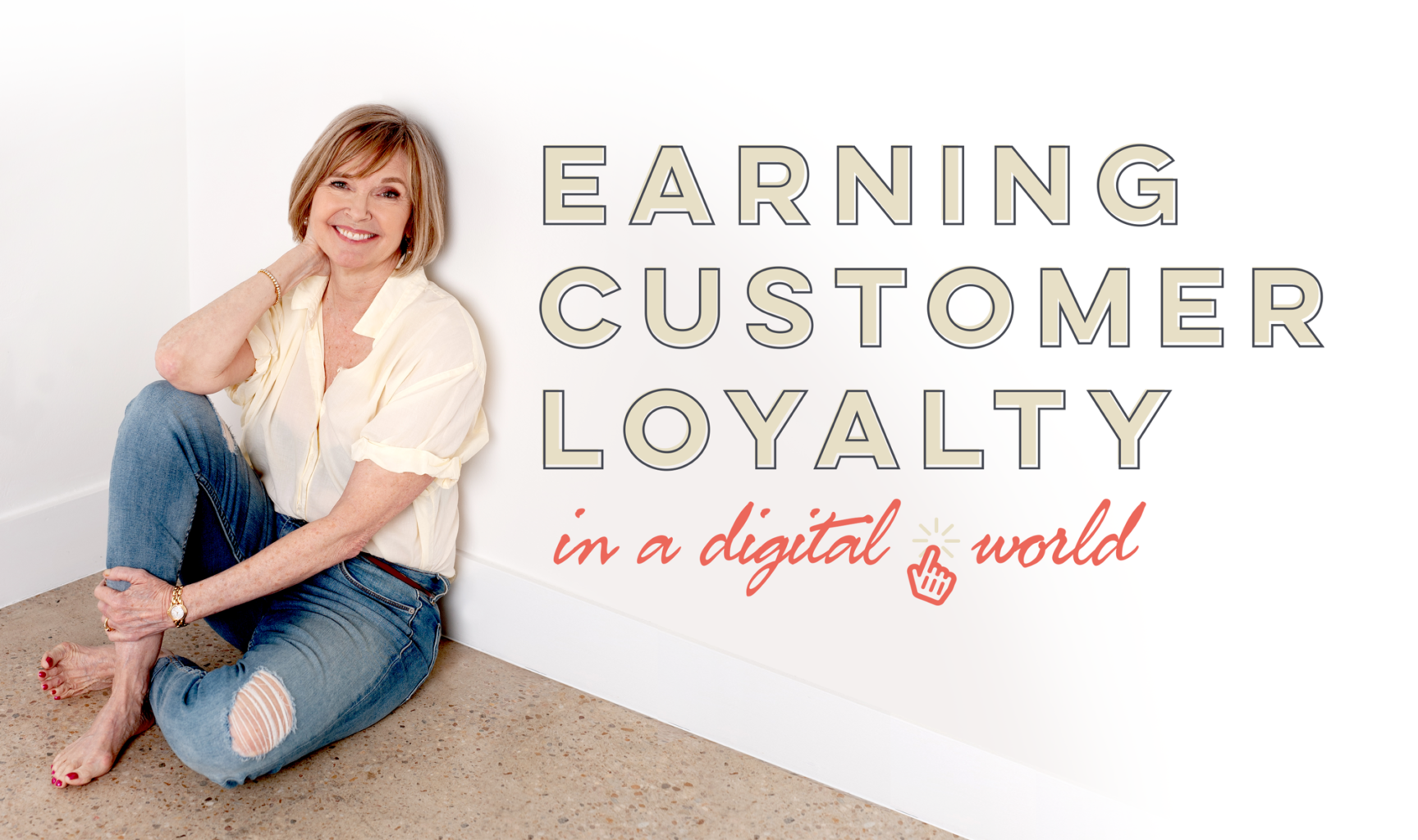
If You Want To Be Successful, Be Tenacious
Ronke Olabisi is an Assistant Professor at Rutgers University, with an appointment in the Department of Biomedical Engineering and an affiliation with the Institute of Advanced Materials, Devices and Nanotechnology.
She is a member of 100YSS and a committee member on the National Academies of Sciences, Engineering and Medicine’s study session: Promising Practices for Addressing the Underrepresentation of Women in STEM. Dr. Olabisi’s research interests encompass biomechanics, biomaterials, tissue engineering, and regenerative medicine to repair or build de novo tissues for treating defects due to injury, disease, aging or spaceflight. Specifically, her approach is through the development of biosynthetic materials, which combine the best aspects of synthetic and biological materials to attain reproducible biomaterials that can drive or direct cell and tissue function. Dr. Olabisi is the recipient of the Frontiers in Bioengineering Best Poster Award (2014), the Charles and Johanna Busch Memorial Grant Award (2014), an Engineering Information Foundation Award (2016), the National Science Foundation CAREER Award (2018), the TechAdvance Commercializing Innovative Technologies Award (2018), the Johnson & Johnson Women in STEM2D Scholars Award (2019), a current invitation to submit to the Biomedical Engineering Society’s Young Innovators in Cellular and Molecular Bioengineering (2019).
I had the opportunity to interview Dr. Olabisi recently. Here are the highlights of that interview:
Jill Griffin: Where did you grow up? Describe your early childhood and its significance on your life.
Ronke Olabisi: I grew up in Plainfield, NJ with two brothers. I was the eldest. My mother went to medical school between the ages of 4 and 8 (me, not her) and I remember going to some of her classes. I have a vivid memory of her asking my brother (who is 15 months younger) and me to wait outside of a room for 1 minute while she ran in to get something. We naturally followed her in and I remember seeing a roomful of cadavers with medical students standing behind them. Nonplussed, I asked, “What does a stomach look like?” One of them held up this greenish yellow deflated looking balloon-like thing. I remember thinking that it looked so fake, just like playdough slime. I don’t remember why, but I knew exactly what they were doing and we both were enthralled. When she was a resident, there were times when childcare fell through. I remember playing in the doctors’ lounge, sleeping in her call room, and playing on the elevators. I remember it as incredibly fun, but I realize now that is the nightmare of most mothers. I also remember taking apart things like phones to figure out how they worked. My father is a chemical engineer, so my becoming a biomedical engineer is kind of a marriage of both of their fields. My advocacy for women in my field (STEM) includes fighting for things like support for child-care.
Griffin: Was there an early teacher that inspired you? Who and how?
Olabisi: I did have a teacher who didn’t believe I could do calculus. My dad, who was my best advocate in my early education, wouldn’t let it go and fought for me to be in the class. Then, the incredibly difficult homework started to come home. My father has a Ph.D. in chemical engineering and said my calculus homework would take him until 2 a.m. every night to complete. He would then wake me and teach me how to do similar problems until I could do the ones assigned. At the time it seemed normal to me. Now I recognize it as a little insane. But I think for me with my father’s faith and my teacher’s doubt, I really learned to be tenacious with problems.
Griffin: What’s a great piece of business or life advice you have received, who gave it to you, and how has it enhanced your life?
Olabisi: It’s a split between two people, both of whom are former astronauts. Mae Jemison taught me the value in tooting my own horn without blowing it. Nobody else is going to do that and if I don’t do it no one will know what I can add to the room. Cady Coleman told me that, “Sometimes ‘no’ means ‘not yet.’” That has helped me in everything, when my tenacity hits a road bump.
Griffin: Please give me the top three bullet points in your Personal Leadership Credo.
Olabisi:
- Remember what it was like when you were in their position
- Normalize having a life
- Expect excellence
Griffin: Describe a painful setback in your life and what it taught you.
Olabisi: Not getting selected to be an astronaut after making it to the finals. It taught me that when one dream is over it’s time to have new dreams.
Griffin: What advice do you have for young, talented, ambitious women who want to rise?
Olabisi: Get mentors. Not just one, but many. Ones who are doing what you want to do, ones who took another path. Ones who look like you, ones who do not. Mentors who truly care about you and your success. Life is a team sport, and everyone in your circle can help you reach your goals.



